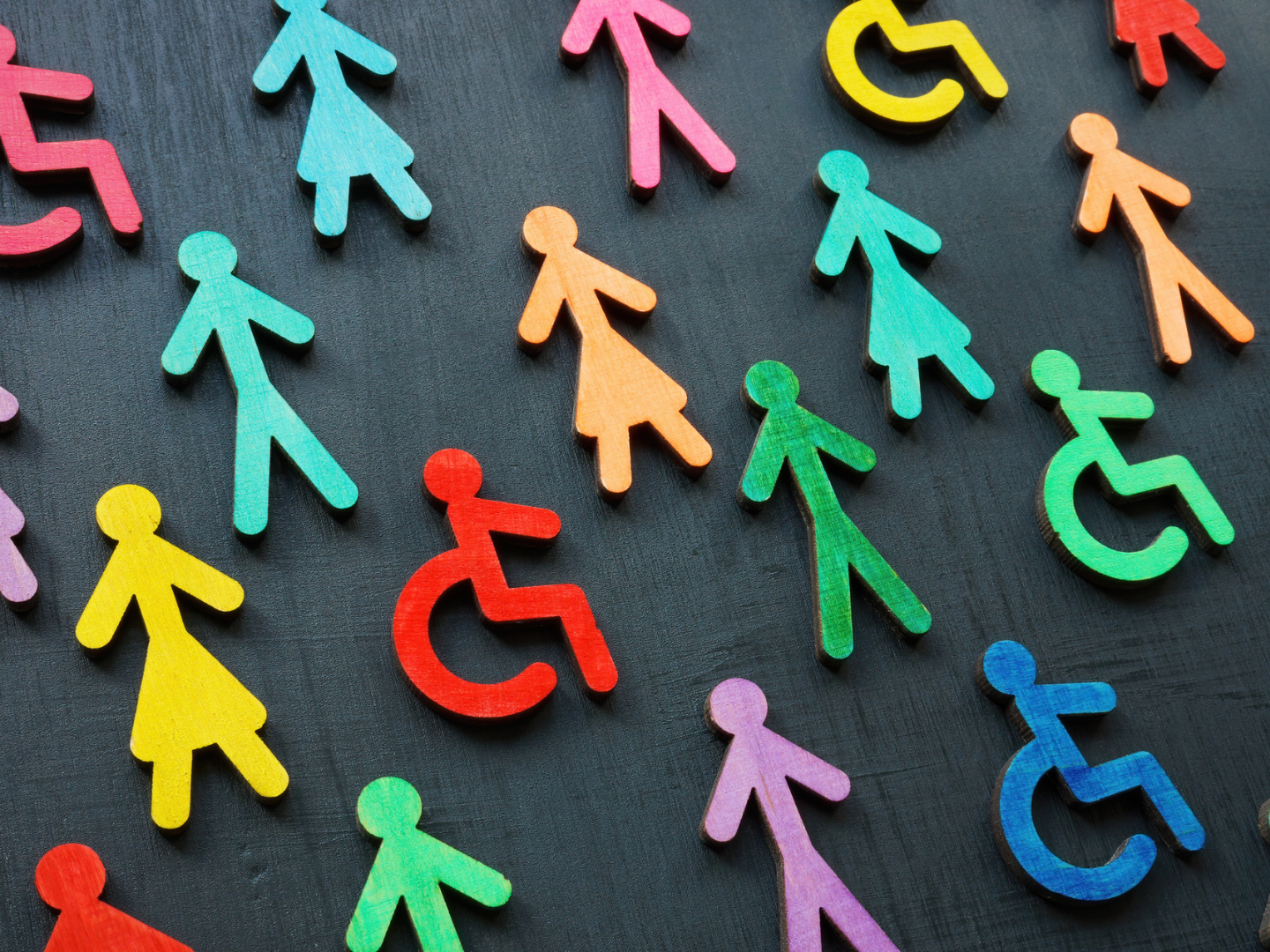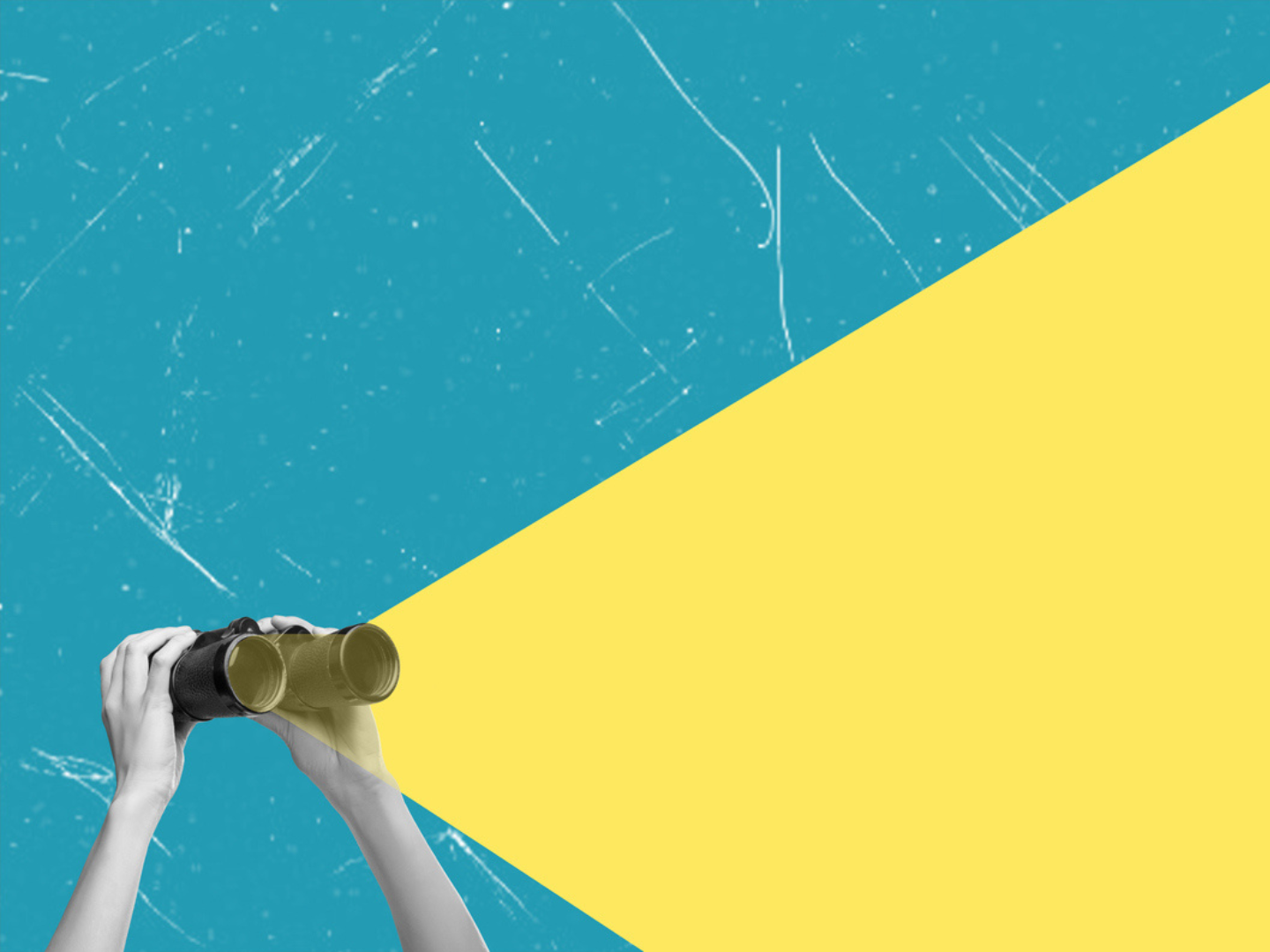The murder of George Floyd a year ago sparked a global alliance to recognise and expunge racism. In this blog, CT Partner Radojka Miljevic reflects on whether a gesture like taking the knee has value.
Sat on a train with my best friend and her two children reflecting on a protest march we’d attended earlier, one child pipes up loudly: ‘But will it change anything?’ ‘Yeah, will it make any difference?’ says the second, looking at us imploringly. Best friend and I sigh: where to begin? Do we tell them what we want to believe? What we actually believe? That sometimes this is all there is we can do, and this doesn’t feel enough. Over 30 years of protest marches of one kind or another, together: what difference had they made? How do we see the value of the gesture, of the physical act of irreducible, material presence, the ‘we shall not be moved’ mentality of defiance? Singing jubilantly outside the South African embassy when Nelson Mandela was released, maybe for a day we felt that the aggregated sum of defiant acts meant something.
When San Francisco 49ers quarterback Colin Kaepernick took the knee in 2016, it was in his own words a protest against ‘organised brutality’ and police oppression of African-Americans. When George Floyd was killed by a police officer in 2020, leading to waves of protests in different countries, a new conversation started in the UK about the failures in tackling racism. This led to sports women and men adopting the gesture of ‘taking the knee’ as an expression of solidarity.
One such example is the Premier League, EFL and Women’s Super League footballers taking the knee since the restarted football season in June 2020. Some people have dismissed the act as tokenistic –a perfunctory nod to being seen to do something. Wilfred Zaha, a Crystal Palace player, has expressed the view that it is failing to have an impact on abuse and that it’s degrading:
“We’re isolating ourselves, we’re trying to say that we’re equal but we’re isolating ourselves with these things that aren’t even working anyway, so that’s my stand on it. I feel like we should stand tall and now I don’t really tend to speak on racism and stuff like that because I’m not here just to tick boxes.”
Others have said that the gesture keeps the issues at the forefront of people’s minds. I don’t see it as perfunctory; social change often needs collective refusal to accept the status quo in order to drive legislative change of some kind. Symbols of allegiance matter. The persistent, tenacious (sometimes courageous) nature of protest is disruptive and refuses to let governments or organisations (or us?) off the hook – you may want this to go away, but we’re not letting go. If it were only a perfunctory gesture it wouldn’t have riled an American President and led to booing fans at football grounds. Do these actions lose their impact? Perhaps over time and this collective action will no doubt reach that point; we can already see that sports people are finding other ways to express their unwillingness to tolerate racism, such as the recent social media boycott over racist abuse.
Yes, as a friend of mine reminded me,
‘if one isn’t prepared for the less glamorous hard graft that follows, then one can quickly become cynical about the effect of ANY activism. When the spirit flags and the energy drains, the gestures may become empty – and thereby contribute to more cynicism than reform’.
I acknowledge this risk exists, and of course a gesture cannot overturn decades and centuries of oppression. There is, however, a power in a gesture that can give inspiration to others that the struggle is shared and that addressing the issue of racism must not be displaced from the political agenda. Even the smallest acts of protest resonate.
Our minds reference those images where a physical gesture becomes an historical lightning conductor – Martin Luther King kneeling in 1965 outside the Dallas County Courthouse, Alabama; the 1968 Mexico Olympics when Carlos and Smith raised a fist and stood in their black-socked feet during the American national anthem to protest about the rights of Black people and other marginalised people; and Mandela’s raised, clenched fist when released from prison.
There is something about this gesture of taking the knee, the humility in it (which Zaha perhaps objects to), which I don’t interpret as passive or weak. It’s an act that clearly scares some people, so in some way it must connote taking power for them to feel so threatened by it. For me, it’s strong and resolute, the firm architecture of the right angle, ready for the race and to spring forward for change, primed for bursting forward to rise above the hurdles. I see this circle of men or women kneeling in the middle of a pitch, in this theatre of silence, like a spiritual communion on grassy pews, and I’m stirred by the collective nature of protest, the unity and solidarity, and visually keeping the demand for action on the agenda. And, as a White person, it matters to me to see White people participating in an anti-racist act, accepting that we are not outside this struggle but complicit, all of us held in the circle.
I wonder how it feels if I am a Black player, I kneel and I find you my White team mate kneeling next to me…
I wonder how it feels if I am a Black player, I kneel and there are 2-3 Black players kneeling with me…
I wonder how it feels if I am a Black player and I look around me and my opponents are kneeling too…
I wonder how it feels to change teams and how people treat me if they think I belong to the other team and not this one…
I know how it feels to be on a Black Lives Matter march under COVID, weighing up the guilt of the defiant act and the need to be present, and I kneel with you, my colleague, both of us knowing that you are Black and I am White, my knee is sore anyway but I bang it to the floor in a rush to catch up, on a damp road in Parliament Square with tiny little stones piercing through my joggers, and I want to cry about all of this kneeling that needs to add up to something.
To discuss, please contact Radojka Miljevic on: radojka.miljevic@campbelltickell.com



